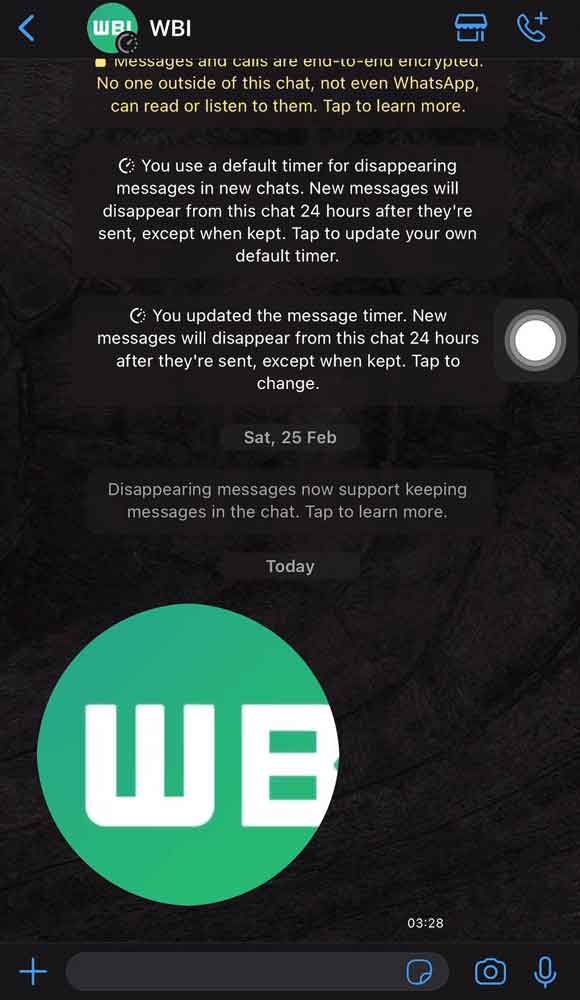Tech
WhatsApp developing video messages feature for users

Latest News
TikTok offers a special in-app experience to commemorate the release of Jimin’s second solo album, MUSE, by BTS.
Latest News
63,000 Instagram accounts are deleted by Meta
Latest News
Google abandons its plans to do rid of cookies in Chrome
-

 Latest News3 days ago
Latest News3 days ago52 districts in Pakistan have 52 cases of the polio virus.
-

 Latest News3 days ago
Latest News3 days agoFederal Cabinet once again postpones decision on PTI suspension and Article 6 action against Imran and Alvi
-

 Entertainment3 days ago
Entertainment3 days agoA glimpse of Sania Mirza’s relaxed moments
-

 Latest News3 days ago
Latest News3 days agoElection Amendment Act Case Heard by IHC; Response Requested From Law Ministry, ECP Within Ten Days
-

 Latest News3 days ago
Latest News3 days agoThe 10th Executive Committee Meeting of SIFC examines the role of provinces in bringing in foreign investment.
-

 Latest News3 days ago
Latest News3 days agoCabinet will probably decide today whether to ban PTI: Fawad ChaudhryCabinet will probably decide today whether to ban PTI: Fawad Chaudhry
-

 Latest News3 days ago
Latest News3 days agoPakistan has advanced to the Women’s Asia Cup 2024 semifinals.
-

 Latest News3 days ago
Latest News3 days agoMubarak Sani Case: Punjab Government’s Review Petition Accepted by the SC


























